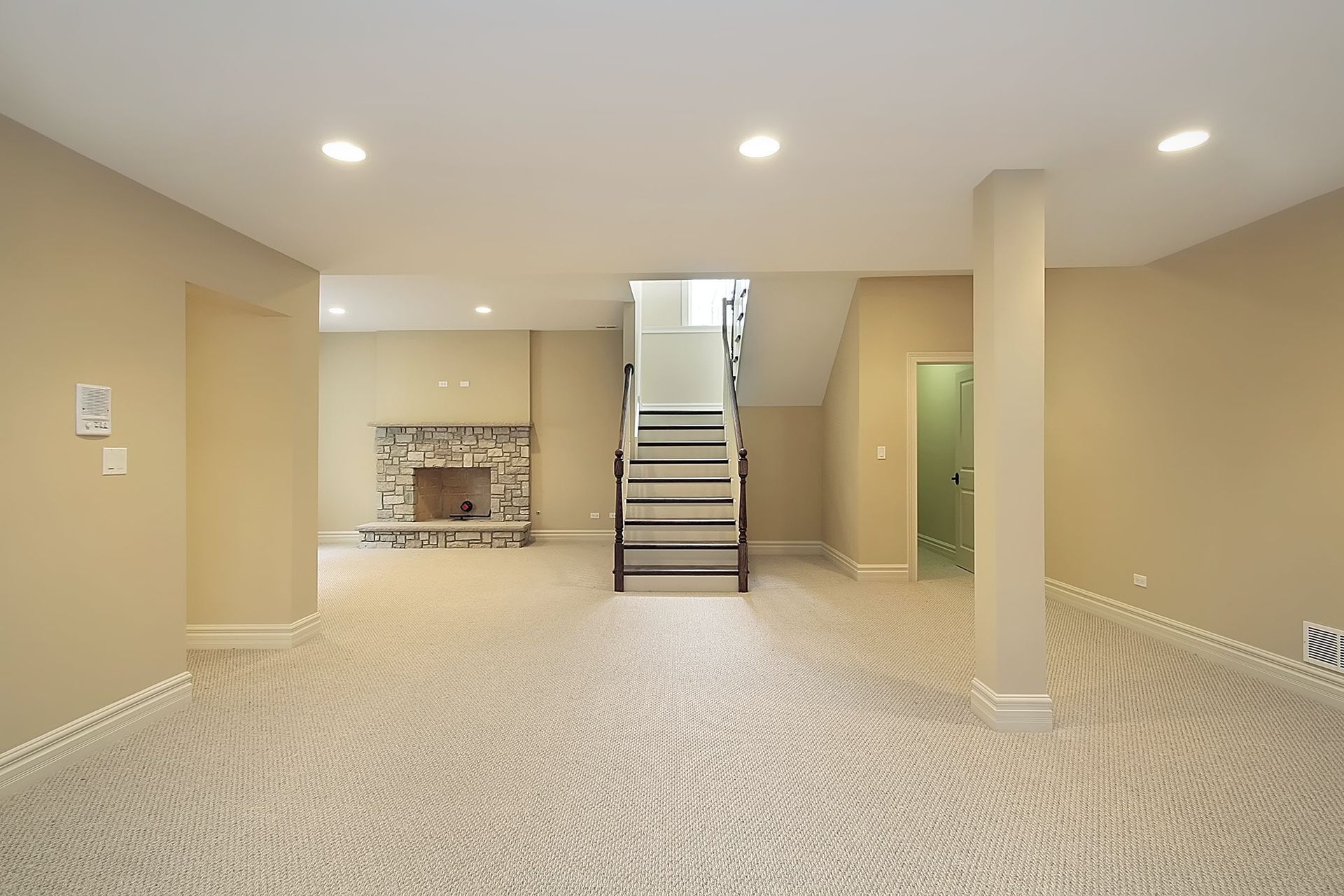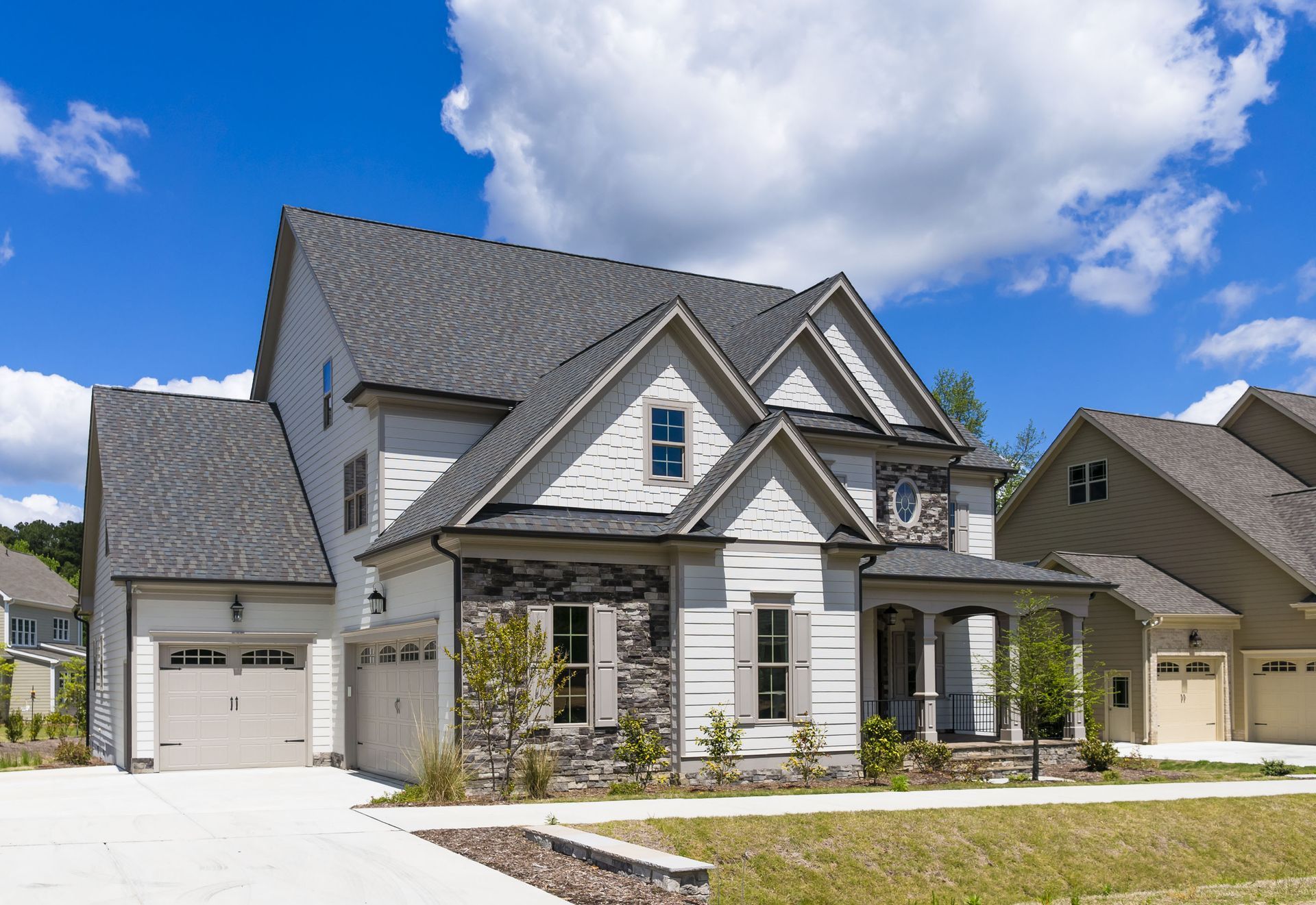Your Kitchen— The Keystone of any Home Remodeling Project
The kitchen is often considered the heart of the home, serving as the main hub for social gatherings and daily family life. Remodeling a kitchen is a transformative endeavor that requires meticulous planning, thoughtful design, and attention to budget. The growing focus on this space underscores its importance, with experts predicting that 38% of renovations in 2025 will prioritize kitchens. Understanding the central role of the kitchen provides homeowners with clarity and direction, ensuring it becomes the keystone of any successful home remodeling project.
Historical Significance and Modern Evolution
Kitchens have historically been focal points of domestic life, evolving from simple fire-based cooking spaces to highly functional, technology-driven hubs. In ancient times, kitchens were separate from living spaces, while modern designs emphasize integration with dining and living areas. Today’s kitchens accommodate far more than meal preparation—they serve as workspaces, entertainment zones, and gathering places. With open-plan designs and smart technology, the modern kitchen reflects societal shifts while continuing its age-old role as the center of the home.
This evolution also highlights how kitchens mirror cultural priorities and advancements in daily living. Where older generations valued practicality and warmth, today’s homeowners often prioritize efficiency, sustainability, and aesthetics. Features like energy-efficient appliances, recycled materials, and multifunctional layouts demonstrate a growing commitment to both environmental responsibility and lifestyle convenience. As a result, the modern kitchen represents not only a place for nourishment but also a reflection of personal values and contemporary living standards.
Design Impact on Lifestyle and Well-Being
The design of a kitchen significantly influences mood, productivity, and social interaction. Elements such as lighting, color palettes, and layout can either energize or overwhelm the space. A thoughtfully designed kitchen reduces stress by promoting organization and efficiency, making meal preparation smoother and more enjoyable. Beyond function, an inviting kitchen nurtures creativity and provides a warm setting for guests. This blend of psychological and practical benefits explains why many homeowners prioritize kitchen updates during home remodeling projects.
The Kitchen as a Social and Economic Hub
More than a cooking space, the kitchen is a natural gathering spot for family and friends. Open concept layouts encourage interaction across cooking, dining, and living zones, breaking down barriers between hosts and guests. Economically, investing in a kitchen remodel often yields one of the highest returns in real estate. Updated kitchens increase property value and appeal to buyers, with modern appliances and efficient layouts offering long-term energy savings. The kitchen’s dual role as a social hub and economic driver makes it a vital component of remodeling plans.
Beyond resale value, a remodeled kitchen enhances daily living by creating an atmosphere that reflects personal style and supports lifestyle needs. From casual family breakfasts to elegant holiday gatherings, the right layout and features ensure the space adapts to a wide variety of occasions. The kitchen often becomes the backdrop for life’s most memorable moments, making thoughtful design choices essential to maximizing both function and emotional connection.
Additionally, modern kitchens play a role in health and wellness. With organized storage, improved lighting, and high-efficiency appliances, homeowners are more likely to prepare meals at home, fostering healthier eating habits and reducing reliance on takeout. A well-planned kitchen promotes convenience and efficiency, allowing families to spend more quality time together while enjoying the benefits of home-cooked meals.
Key Principles of Kitchen Design
Designing a kitchen involves balancing efficiency and aesthetics. The work triangle—sink, stove, and refrigerator—remains a cornerstone of functionality, minimizing wasted steps and improving workflow. Ergonomics also play a role, with counter heights, storage solutions, and appliance placement tailored for comfort and safety. Modern kitchens maximize space with vertical storage, multifunctional islands, and clever layouts that maintain an open, uncluttered feel. Integrating technology such as smart appliances, automated lighting, and motion-sensor faucets further streamlines tasks, enhancing both convenience and sustainability.
Lighting also plays a critical role in design, shaping both mood and functionality. Layered lighting solutions—ambient, task, and accent—ensure the space is bright enough for food preparation while also adaptable for entertaining or casual family meals. Natural light, when emphasized through windows or skylights, can make a kitchen feel larger and more inviting. Pairing natural and artificial lighting creates a balanced environment that’s both practical and visually pleasing.
Another key consideration is flexibility for evolving needs. Families grow, cooking styles change, and technology continues to advance. Designing with adaptability in mind—such as choosing modular cabinetry, movable islands, or pre-wiring for future smart devices—ensures the kitchen remains relevant and functional over the years. This forward-thinking approach not only enhances daily living but also adds long-term value to the home.
Material Choices That Shape the Space
Selecting the right materials defines both the durability and character of a kitchen. Countertops in granite, quartz, or recycled composites provide both style and function, while flooring options like tile and hardwood withstand heavy use. Cabinet materials and finishes influence storage capacity and visual appeal, offering countless ways to personalize the look. Backsplashes combine practicality with creativity, allowing bold or subtle designs to set the kitchen’s tone. Color and texture choices complete the space, creating either a sleek contemporary atmosphere or a warm, rustic environment tailored to personal taste.
When choosing materials, it’s also important to consider long-term maintenance. While marble countertops deliver timeless elegance, they require frequent sealing and are prone to staining, making them less practical for busy households. By contrast, quartz or engineered surfaces offer similar beauty with far less upkeep. Flooring materials also vary widely in resilience, with porcelain tile standing up to water and scratches better than softer options. Making choices that align with lifestyle needs ensures the kitchen remains as functional as it is beautiful over time.
Sustainability is another growing factor in material selection. Reclaimed wood, bamboo flooring, or recycled glass countertops not only bring unique character to a kitchen but also reflect eco-conscious values. Low-VOC finishes and water-based stains further support healthier indoor air quality. These options allow homeowners to reduce their environmental footprint without sacrificing aesthetics or performance. Ultimately, balancing style, practicality, and sustainability creates a kitchen that is durable, attractive, and aligned with modern living priorities.
Sustainable and Budget-Friendly Remodeling
Sustainability is now a driving force in kitchen design. Energy-efficient appliances, water-saving fixtures, and LED lighting reduce environmental impact while cutting utility bills. Eco-friendly materials such as bamboo, reclaimed wood, or recycled glass support greener living. Homeowners also reduce waste through upcycling and repurposing, giving kitchens unique character while conserving resources. Budget planning is equally essential—balancing high-end upgrades with cost-effective choices like modular cabinetry or laminate surfaces ensures financial feasibility. Setting aside contingency funds and exploring financing options allows homeowners to pursue their vision without unnecessary stress.
A well-planned kitchen remodel transforms more than just one room—it elevates the entire home. By blending historical appreciation, modern technology, sustainable choices, and timeless design principles, homeowners create a space that supports daily life, encourages social connections, and increases property value. According to industry forecasts, kitchen-focused renovations will continue to dominate in the coming years, underscoring their importance in shaping modern living. If you’re ready to make your kitchen the keystone of your next project, trust Hand-E Help Omaha for expert guidance and craftsmanship. With their support, your home remodeling journey can deliver a kitchen that’s as functional as it is beautiful.





Share On: